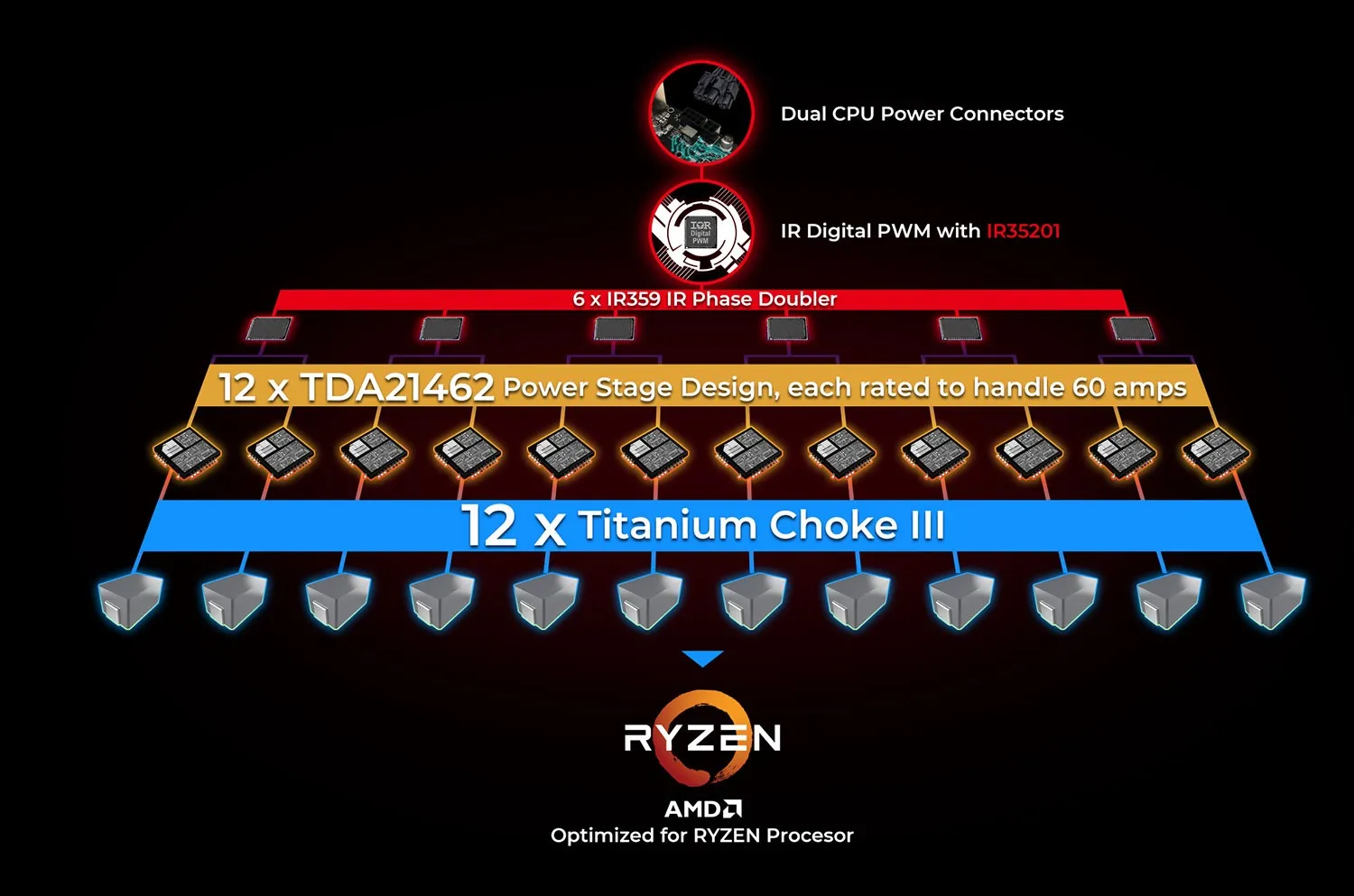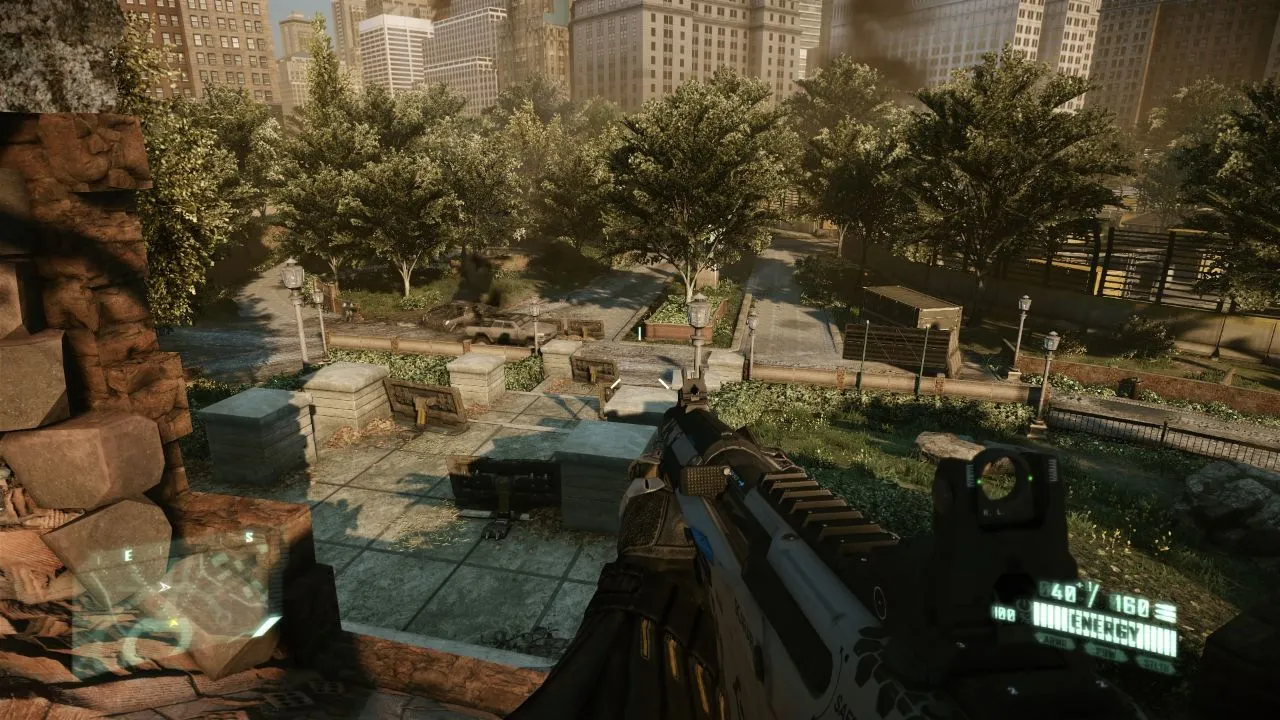
Crusader Kings II: Charlemagne — A Worthy Successor to The Old Gods?
Contents
The ninth expansion for Crusader Kings II, Charlemagne, speaks volumes about the game’s enduring appeal and massive content library, even three years after its initial release. Following in the footsteps of the successful The Old Gods expansion, Charlemagne carries a similar potential for resonating with the community. As the title suggests, the expansion centers around Charlemagne and the birth of the Holy Roman Empire. But what else does this expansion offer, and does it live up to the legacy of its predecessor?
A New Starting Date and Tribal Holdings
The most significant change introduced in Charlemagne is the new starting date of 769 AD, a departure from the original 1066 AD and The Old Gods’ 867 AD. This shift mirrors the successful formula of The Old Gods, offering a fresh historical context with altered gameplay and increased replayability. This earlier period, the Early Middle Ages, allows players to lead burgeoning Western European nations on conquests unhindered by established superpowers like the Holy Roman Empire, which posed a considerable obstacle in later start dates.
Adding to the dynamism of this era is the introduction of Tribal Holdings. This new territorial structure reflects the predominantly Barbarian nature of the smaller nations during this time. Tribal Holdings are a precursor to Cities and Castles, utilizing Prestige instead of gold for construction, encouraging players to engage in warfare to gain renown. Warfare itself is nuanced for Tribal rulers, requiring the mobilization of troops from individual holdings rather than simply levying from vassals, as in Feudal societies.
Charlemagne also introduces a significant change for smaller lords. For the first time, independent lords can create their own kingdoms with three duchies, and kings can form empires with three kingdoms, customizing their titles and coats of arms. This streamlined process offers players greater agency in shaping their realms and significantly reduces the time required to achieve these major goals.
 alt
alt
This new context presents the Holy Roman Empire as more of an aspiration—a dream of the Catholic Church—creating a challenging objective for Western European nations and Germanic tribes. Western Europe becomes a volatile battleground, with Charlemagne holding a significant advantage, alongside Lombardy, Bavaria, and the Byzantine Empire. Adding to this mix are the Saxon, Bohemian, and Polish tribes, all vying for power. This intricate political landscape promises a fresh and engaging experience, regardless of the player’s chosen nation.
The Rise of Charlemagne and New Gameplay Features
Living up to its namesake, the expansion provides Charlemagne with one of the most detailed storylines in the entire game. From the minor conflicts between the Karling brothers to major events like the King of Lombardy’s control over the Pope, the Saxon Wars, and the aggressions of the Muslim state in Spain, Charlemagne’s life and reign are meticulously portrayed.
 alt
alt
Beyond Charlemagne’s narrative, the expansion introduces several new administrative features. The Chronicle records a comprehensive history of the player’s actions throughout the game, offering a valuable tool for tracking and preserving their unique story. A redesigned game selection interface simplifies the process, aiding new players or those less familiar with the game’s progression in choosing suitable starting points. The inclusion of a new climate system adds another layer of complexity to military campaigns, forcing players to consider seasonal factors before embarking on wars.
 alt
alt
 alt
alt
Balancing Issues and Gameplay Changes
While the expansion offers significant improvements, it also faces some balancing challenges. The Holy Roman Empire appears disproportionately powerful in the early game, contrary to its historical struggles against its vassals. While the developers attempt to address this through vassal limits and increased peasant revolts, these measures prove largely ineffective against the Empire’s substantial military and financial strength. These additions also add unnecessary management burdens for players. Furthermore, the constant revolts and vassal limitations hinder the development of smaller nations, particularly in Northern Europe and the British Isles.
 alt
alt
Another change is the removal of the ability to hire assassins directly. Assassinations now require elaborate plots with multiple participants, making them more time-consuming and difficult, albeit less expensive. This change inadvertently devalues wealth, especially for Tribal rulers who primarily use Prestige for construction.
Conclusion
Charlemagne offers a compelling new era to explore in Crusader Kings II, bringing the Early Middle Ages to life with its focus on Charlemagne and the formation of the Holy Roman Empire. While the expansion delivers on its promise of new content and gameplay mechanics, some balancing issues detract from the overall experience. Despite these shortcomings, Charlemagne provides a fresh perspective on the Crusader Kings II world, making it a worthwhile addition for fans of grand strategy.





Comments (0)